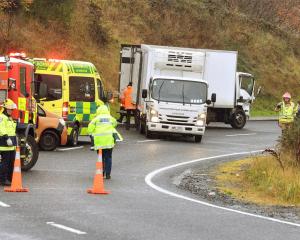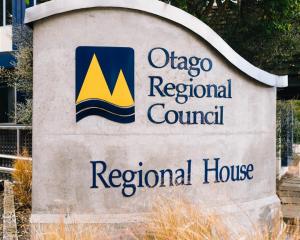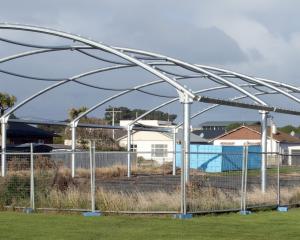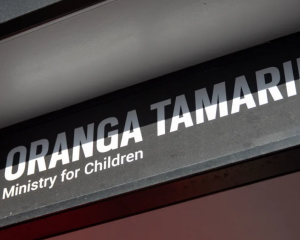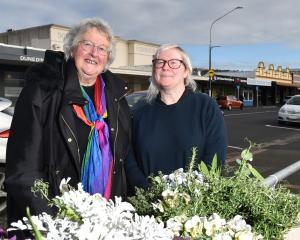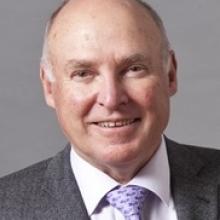
Infertility was common among women aged 25-50 years in the region, and significant health resources were used in helping them become mothers, the research suggested.
A paper published in the New Zealand Medical Journal this week reports the results of a 2011 survey of more than 1000 Otago and Southland women about fertility experiences, expectations and knowledge.
The results showed that among those who had ever tried to become pregnant or had been pregnant, 25.3% had experienced infertility.
Infertility was defined as suggesting they had tried for at least 12 months, or had needed medical help to conceive.
Prof Wayne Gillett, a fertility specialist and paper co-author, says the survey data supported findings from the long-running Dunedin Multidisciplinary Study released earlier this year, confirming that infertility was a bigger problem than previously estimated.
''Such high proportions of women experiencing infertility and seeking help to resolve their fertility issues will continue to put substantial pressure on underfunded infertility services,'' Prof Gillett says.
Prof Gillett, of the Otago University department of women's and children's health, said he felt ''anxiety'' that some people were trying to have children too late. And infertility could become a ''real problem'' for some older women.
Otago PhD student Antoinette Righarts, who co-ordinated and analysed the survey, said nearly three-quarters of women who experienced infertility had sought medical help.
And almost a third of infertile women had received some form of specialist treatment.
Most women had resolved their first experience of infertility through a live birth, but a quarter had not.
''Unresolved infertility was more likely for women who first experienced the problem when aged 35 or older and for those more socially deprived,'' Ms Righarts said.
Infertility was commonly resolved, but many women remained childless despite wanting children.
''This was more common for women who first experienced infertility after age 35 and highlights the negative consequences of delaying having a family,'' she said.
The researchers said infertility would become ''even more prevalent'' in future.
And infertility could become ''an even greater health burden'' in New Zealand, including for older women, she said.


